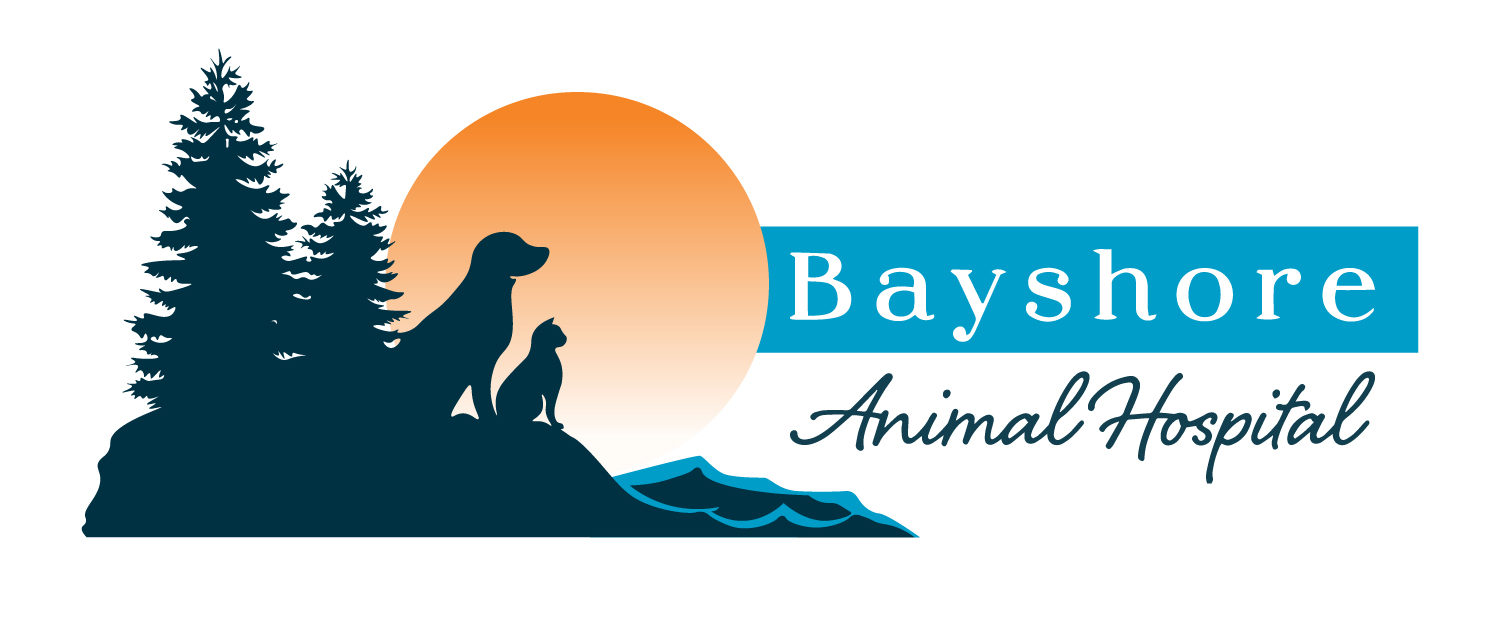Mushroom Poisoning in Dogs: Recognizing Symptoms, Taking Immediate Measures, and Safeguarding Your Pet’s Well-being
As conscientious caregivers of your canine companions, you’re likely mindful of their dietary choices. Given their inquisitive nature, dogs often explore their surroundings, including mushrooms. The question arises: are mushrooms safe for canine consumption? Let’s delve into this fungal matter and comprehend the potential hazards associated with dogs ingesting mushrooms.
The Perils of Mushroom Consumption: Mushrooms constitute a diverse group of organisms, and although many are innocuous, a substantial number can pose toxicity risks to both humans and dogs. It is crucial to acknowledge the intricacies of the mushroom world, where even experts may find it challenging to distinguish between benign and toxic varieties. Due to their indiscriminate eating habits, dogs may encounter toxic mushrooms and inadvertently consume them, leading to a spectrum of health issues.
Recognizing Toxic Mushrooms: Identifying toxic mushrooms can be a formidable task, as their appearance may closely resemble that of non-toxic counterparts. Toxic mushrooms can induce various symptoms in dogs, ranging from gastrointestinal disturbances to more severe impacts on the liver, kidneys, and nervous system. When uncertain about a mushroom’s safety, it is prudent to assume it is toxic and take precautionary measures to keep your dog away.
Symptoms of Mushroom Poisoning: In cases of mushroom toxicity in dogs, symptoms may manifest differently based on the specific mushroom ingested. Common indicators of mushroom poisoning include vomiting, diarrhea, abdominal discomfort, lethargy, tremors, seizures, and even coma. Swift action is imperative if you suspect your dog has consumed a toxic mushroom.
Prevention and Swift Response: To shield your dog from mushroom poisoning, exercise vigilance during walks and outdoor activities. Regularly inspect your surroundings, including your yard, to ensure the absence of potentially harmful mushrooms. If you suspect mushroom ingestion, promptly reach out to your veterinarian; attempting home remedies can have severe consequences.
In summary, mushrooms pose a significant danger to dogs, given the prevalence of toxic varieties that can lead to severe health complications. If you suspect your pet has consumed mushrooms or any poisonous substances, immediate action is crucial. Contact Bayshore Animal Hospital promptly for professional guidance to ensure your cherished companion receives appropriate care. Your veterinarian serves as your primary partner in safeguarding your dog’s health and happiness. Feel free to voice concerns or inquire about your pet’s diet and safety—your proactive approach can be instrumental in shielding your furry friend from potential hazards in their environment.

